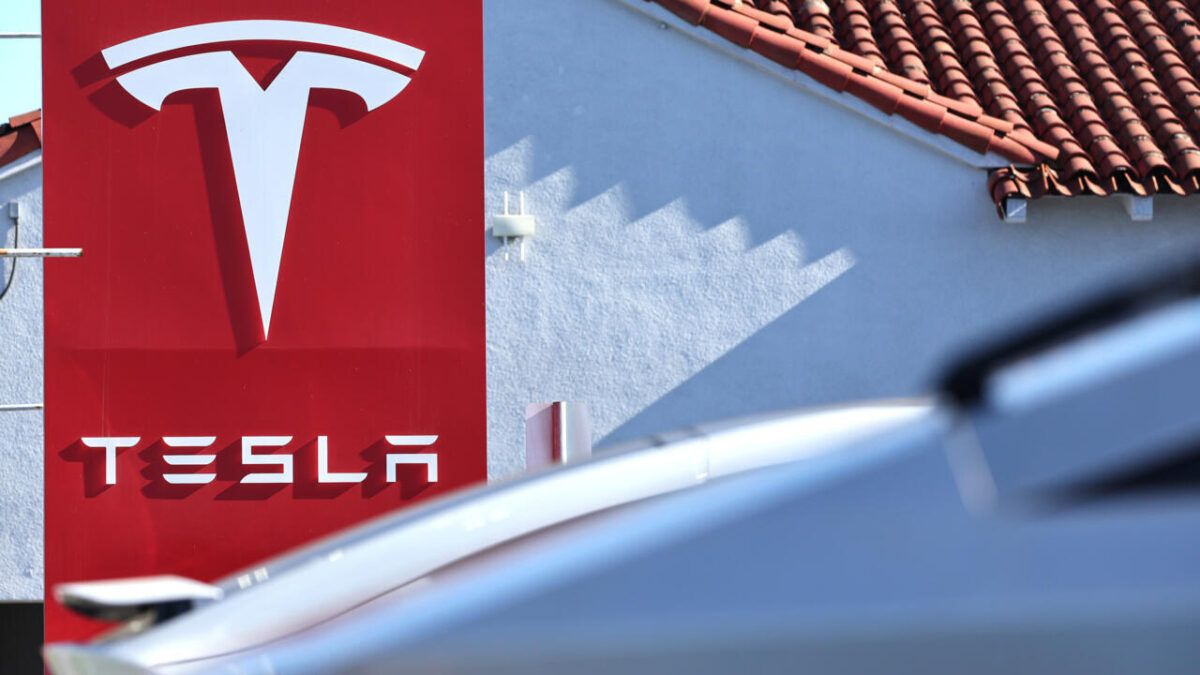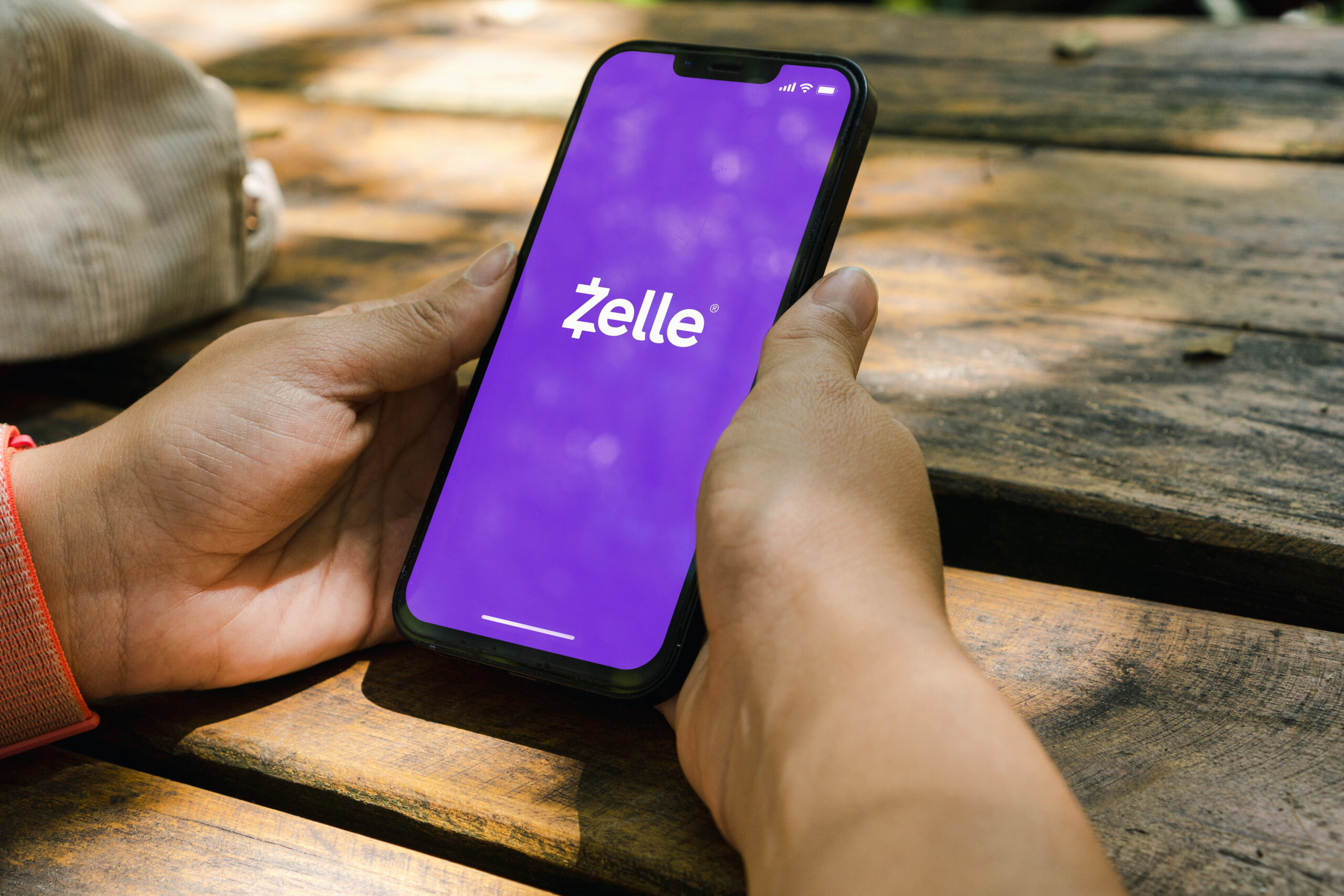Popular messaging app WhatsApp is set to make a significant change to its backup policy, which could impact how users store their chat history. Starting in December 2023, WhatsApp backups on Android devices will begin counting towards Google Drive storage limits. This means that the vast amount of media and conversations users have accumulated over the years will no longer be exempt from Google’s 15GB free storage allocation.
Key Highlights:
- WhatsApp chat backups on Android will soon start counting towards Google Drive storage limits.
- The change will begin with beta testers in December 2023 and gradually roll out to all users in 2024.
- Users can manage their storage usage by deleting old backups or purchasing additional Google Drive space.

This policy change will first affect WhatsApp beta testers and gradually roll out to all Android users in 2024. Google explained that this decision was made to ensure a consistent storage experience across all Google products, including Drive, Photos, and Gmail. The company also pointed out that 15GB of storage is still a generous amount, especially compared to other cloud storage providers.
Managing WhatsApp Backups and Storage Usage
With this change in policy, users may need to start considering how to manage their WhatsApp backups and storage usage more carefully. Here are a few options to consider:
- Delete old backups: If you don’t need to keep a record of every conversation, consider deleting older backups to free up space.
- Purchase additional Google Drive storage: If you find that you’re consistently exceeding your storage limits, you can purchase additional Google Drive space for a monthly fee.
- Use a different backup solution: If you’re not happy with Google’s storage policy, you can explore alternative backup solutions, such as cloud storage services or local backup options.
Impact on WhatsApp Users
The change to WhatsApp’s backup policy is expected to have a significant impact on users who heavily rely on the app for communication and media sharing. For those with extensive chat histories and frequent media exchanges, the 15GB free storage limit may quickly become a constraint.
Alternative Backup Solutions
While Google Drive has been the default backup option for WhatsApp on Android, users now have the option to explore alternative backup solutions. Some popular options include:
- Cloud Storage Services: Cloud storage providers like Dropbox, iCloud, and Microsoft OneDrive offer generous free storage plans and paid options for additional storage.
- Local Backup Options: Users can manually backup their WhatsApp chats and media to their local devices or external hard drives. This method provides more control over the backup process and avoids relying on cloud storage services.
Considerations for Alternative Backup Solutions
When choosing an alternative backup solution, users should consider factors such as storage capacity, ease of use, security, and compatibility with WhatsApp. Additionally, it’s important to ensure that the backup solution is regularly updated to maintain compatibility with future WhatsApp updates.
Impact on WhatsApp Business Users
WhatsApp Business users may also face challenges with the new storage policy, particularly those with large customer bases and frequent media interactions. To effectively manage storage consumption, WhatsApp Business users can:
- Limit Media Sharing: Encourage customers to use text-based communication whenever possible to minimize media file sizes in backups.
- Regularly Delete Old Conversations: Delete old conversations that are no longer relevant to maintain a manageable backup size.
- Consider Paid Storage Options: Explore paid storage plans offered by cloud storage providers or WhatsApp Business to accommodate larger storage needs.
WhatsApp’s decision to bring chat backups under the Google Drive storage limit is likely to impact how users store their chat history. While the company’s 15GB free storage is still substantial, users with extensive chat backups may need to consider alternative storage options or manage their backups more carefully.









